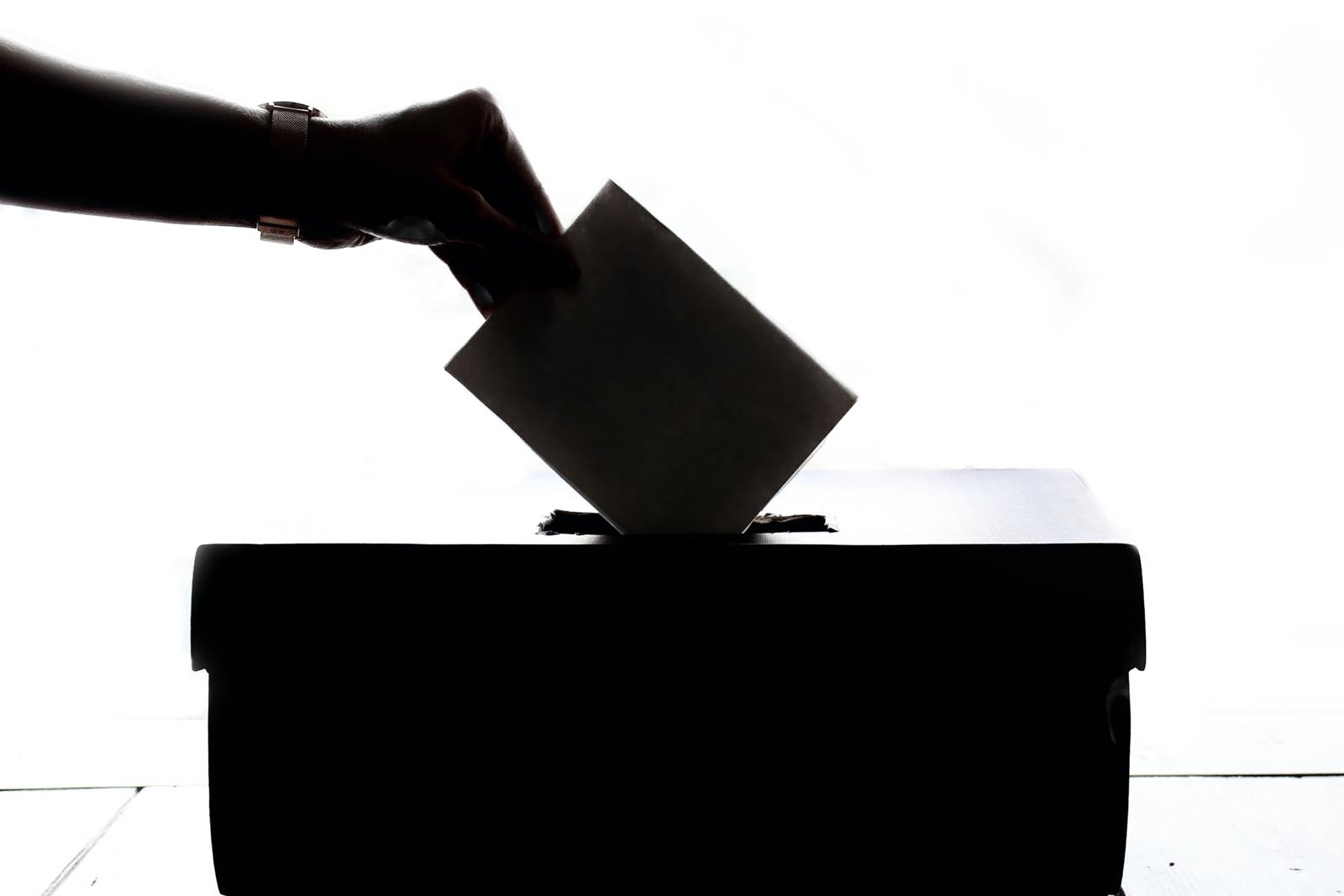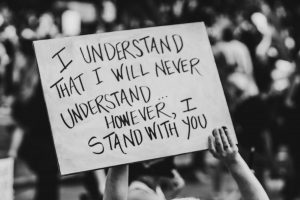
A History of Politics
Politics have changed over time, and these changes have affected everyone, from the first societies to the governments we have now. It’s not just a way to run things; it’s also the story of how people learned to get along, fight, and agree on things. It’s always been important to people to be fair, do the right thing, and use their time well. Whether it’s in a ruling court, a city-state from the past, or a government today, it still means being in charge, making progress, and being busy. People have always tried to find a balance between being free and following the rules, between doing what they want and what is right, and between their own needs and what society expects of them. Things, people, and places change over time, and each age has its own story to tell. History isn’t just something you learn for school; it can also help you understand how societies change over time and how leaders adapt to those changes. Politics is about people who want to make the world a better place by being safe, fair, and working together.
Ancient Beginnings: How Government Began
Fights have happened since the beginning of time when people lived together. In order for a group to have written rules or a government, everyone had to speak up and agree on what was best. There was no magic way to become a leader; you had to work hard to learn how to do it. It was these early forms of government that set the stage for organized decision-making and the idea of social duty.
As old societies like those in Mesopotamia, Egypt, and Greece grew, they were the first to set up a government. From the Greeks, Democrats came to cities-states like Athens. A group of people got together to talk and vote on rules. At the same time, cities and states set up organized ways to rule that used both military and religious authority. Politics were to be used as a game to keep things in order, keep the peace, and figure out who is better in society. People still think this way about politics because of these early attempts at government. They teach us how to lead, get involved, and know the difference between job and power.
The Influence Of Philosophy And Thought
Now, each person has their own idea of what power and justice mean. Plutarch, Aristotle, and Confucius were some of the first people to come up with models that are still used today. Plato’s Republic examined the concept of a just society governed by philosopher-kings. But Aristotle thought that good governance and society were highly vital. He thought that responsibility, devotion, and ethics were the moral standards in the East. In many Asian countries, this is still the main idea.
These ideas have changed over time, just like religions and society. Ancient political ideas didn’t just describe masters; they also asked what it means to be a responsible leader. They also added a new aspect: politics isn’t just about power; it’s also about moral duty and the well-being of the people. Great societies aren’t just made up of rules; they’re also made up of ideals that encourage honesty, open communication, and understanding. These minds have had a lasting impact on society.
Medieval Power And The Rise Of Institutions
Monarchies, states, and religious groups ruled during the Middle Ages, which was a new time in the history of politics. Kings and kings were in charge of huge areas and often said that their power came from God. But as countries grew, they needed better ways to run their businesses and keep track of their big people. Feudalism took over as the main form of government, and owning land was linked to respect and service.
At this point in time, faith had a big impact on politics. The Church had a huge impact on governments and laws, making rules for both moral and social behavior. But in the late Middle Ages, new ideas began to appear that questioned total power. The Magna Carta, which said that even kings and queens had to follow the law, was signed in 1215 and was a turning point. This event made people in the future want to hold people accountable and be heard. During this time, there was political unease between those in power and the people. This unease would eventually lead to uprisings that changed the way government works forever.
The Enlightenment And The Birth Of Democracy
Between the 17th and 18th centuries, during the Enlightenment, there was a big change in how people thought about politics. John Locke, Jean-Jacques Rousseau, and Montesquieu were philosophers who came up with new and important ideas about freedom, equality, and the social contract. They said that governments should serve the people, not the other way around, which was an idea that directly opposed monarchy.
These ideas were the intellectual basis for governments today. The French and American Revolutions were direct results of the ideas of the Enlightenment. They showed that political ideas could change the way countries were run. Royal orders were replaced by constitutions, thrones were replaced by parliaments, and the idea of citizen involvement became core to government. Thoughts can make things different, and rules can be made about things like freedom and equality. You can see what can happen when people are brave, smart, and work together. That was still one of the most exciting times in politics.
Modern Politics: The Age Of Ideologies
There have been many changes in government over the last two hundred years. People spoke out, things changed, and new ideas were created. There were big changes in the stock market, and new political groups formed. As trade and markets grew around the world, new ideas like freedom, self-government, and women’s rights began to appear. There were different ideas about what was right and wrong and how government should work, which caused fights and government changes all over the world.
After the first and second world wars, every country was different. These changes made it possible for groups to form, such as the UN. They did all they could to stop people from fighting and get them to work together. The world had more links after that. Ideas had the power to bring countries together during the next war, the Cold War. Ideas from communists and capitalists clashed. Even though things were bad, more people became open to the idea of broad rights for everyone. A lot has changed in the last few hundred years. They used to be about local government, but now they’re about peace, justice, and getting along with others around the world. It is hard to understand politics right now.
The Digital Era And Globalization
The 21st century has brought politics into a new area and changed the way it is done. The internet changed how people talk to each other and let them get news and talk about politics right away. The internet turned into a place where people could fight and gain power at the same time. There was also a link between businesses, which made it more important and harder than ever for countries to work together.
Because of the switch to digital, the government is now more open and responsible. It was now possible for people to quickly form social groups, talk to leaders online, and join discussions. But it also made things worse in other ways, as when individuals circulated false information, didn’t know how to utilize technology properly, and had to keep data safe. Politics no longer stops at borders. It all happens in a shared digital space where power travels swiftly. In politics, it’s always been necessary to be honest and know how to cope with change. This is always true, no matter what.
The Future Of Political Evolution
Since the beginning of time, one issue has been at the center of politics: how can governments find a balance between power, justice, and freedom? This issue will still have an effect on the governments of the globe. Because of new technology, environmental challenges, and changes in people, governments all over the globe need to establish new objectives. The leaders of the future need to do two things: defend the values of democracy and discover new methods to manage the government in a world that is growing more connected and global.
These days, politics is evolving quite swiftly. Climate change, social justice, and freedom of expression on the internet are some of the topics that are evolving. It’s more vital for individuals, organizations, and governments to work together than to have power. In the future, people will get along, exchange new ideas, and work together in politics. It won’t be about power or splitting apart. A lot of things are happening again in history, beginning with the concept that the government should care for everyone’s health. People will always be able to express hope, leadership, and togetherness via politics as long as societies keep learning from what they’ve done wrong and what they’ve done well in the past.
Conclusion
Politics history is people history. It’s a road that never ends for growth, change, and thought. From the beginning of time to the present, getting justice has been easy and more people have been able to take part. Getting power has never been the only goal of politics. Also, it’s about getting people to work together to achieve a goal and discuss issues until everyone agrees. People may be able to find out how to grow smarter and tougher by looking at how civilizations have developed throughout time. Even when new problems come up, the government must always put justice, involvement, and understanding at the top of its list of priorities. You can learn from the past. Every day, individuals and politicians do things that contribute to the tale of politics. Countries should make regulations based on truth, knowledge, and hope for a better future, not fear and greed. It’s always been evident that genuine development happens when individuals utilize their influence to serve others.






